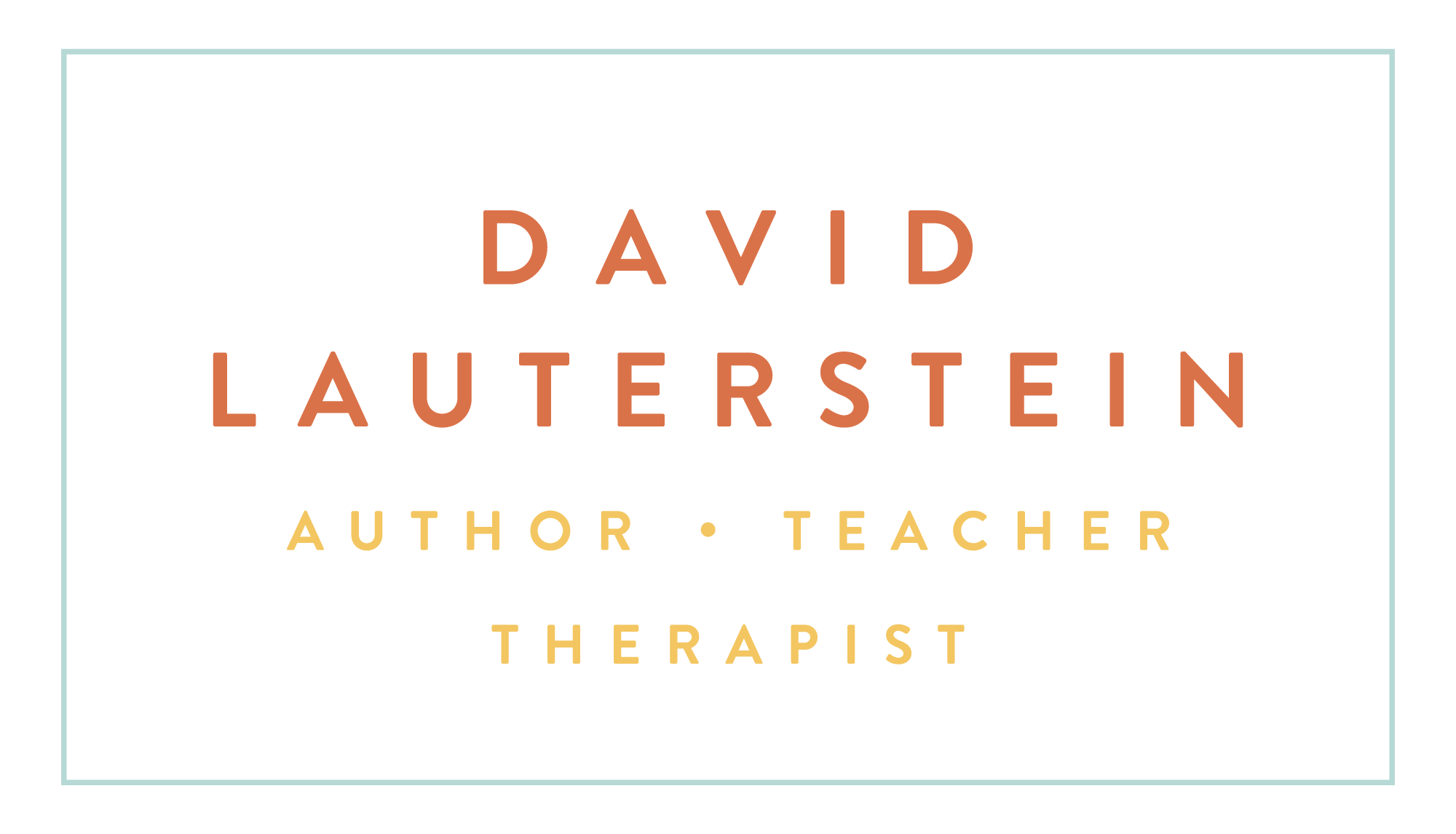BREATHING AND THE ORIGIN OF CRAPPY FEELINGS
All neurosis begins as a restriction of breath. – attributed to Wilhelm Reich
This phrase has stuck with me as a fundamental truth for years.
Think about it! When we are infants and in a troubled environment, unlike adults, we can not yet think consciously about our emotions. We react, not mentally, but organismically. We react to early challenges by restricting breath, and freezing rather than fighting or fleeing (as infants we don’t yet have voluntary movement). There’s nowhere and no way to run, nowhere to hide.
If crying doesn’t work, as it may not in a sustained troubled environment, then that freezing is more often what we do. And the initiation of the freeze is to restrict breath. In addition, the freeze response is manifest in reduced body motion, reduced heart rate, and increased muscle tonus.
The good news is this natural freeze response is something we now, as adults, have some understanding and some control over.
I wish it were so easy just to say – since all neurosis begins as a restriction of breath, all we have to do is free up breath and we will be less neurotic, more psychologically and physiologically healthy. Unfortunately, it is not necessarily so easy. When we free our breath, often we become conscious of feeling emotions that we froze over. So instead of just being unconscious now we feel like crap! Because when we were very young, if there was no productive response by our caregivers, we just felt bad. We then had a “set point” for the excursion of our breath.
Now we can re-set that.
The hope of course is that when we free our breath:
1. We find that underneath depressed breath, there are other feelings living that – while not necessarily pleasant, are ones that we did not fully mobilize early on – anger, forceful love, active flight or fight.
2. These feelings now have a way out – if recognized you can see, feel and reason with them as needed. They can now be understood, expressed in some ways and fulfilled perhaps in some ways.
3. Free the breath, your heart will follow!
4. Be encouraged through whatever practices may work best for you – everyday awareness, yoga, breathwork, chi gung, body-centered psychotherapy, etc. – to create a new set point and use breath as way to enhance your whole life.
p.s. In looking on-line for the origin of the Reich quote, I happened upon a reference to an intriguing chapter in a big scholarly book – that you can download the pdf of. It was Chapter 18 “The Forgotten Obvious: Breathing in Psychoanalysis” in this book – “The Life of Breath in Literature, Culture and Medicine”. Check it out…extensive, intimidating and amazing treasure trove of scholarly writings on breath.

